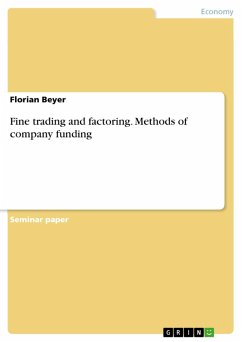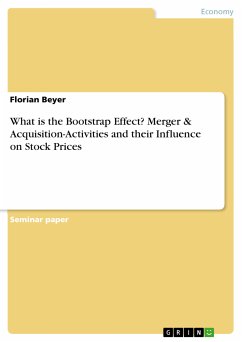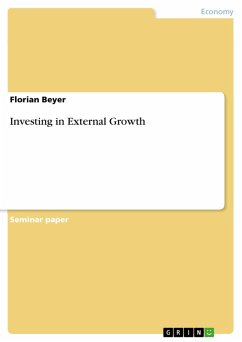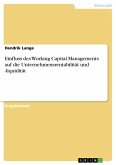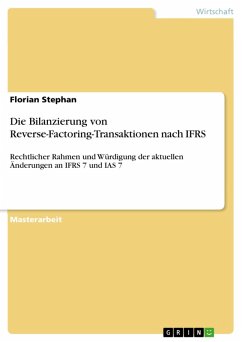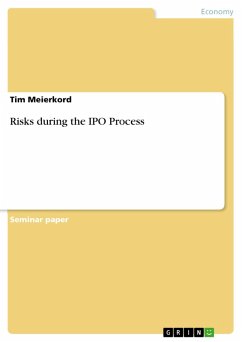Seminar paper from the year 2017 in the subject Business economics - Investment and Finance, grade: 1,0, The FOM University of Applied Sciences, Hamburg, language: English, abstract: A brief introduction of the Basel requirements is outlined. Following a definition and distinguishment of fine trading, factoring and reverse. Advantages and disadvantages are being explained as well. Finally, the influences on the balance sheet of the involved parties and on working capital are investigated. Ten years ago, from 2007 to 2011 the global financial and the euro crisis have caused a peak in bankruptcies of many companies and even states have experienced financial difficulties. Since 2011, the total number of companies' bankruptcies declines. In 2016, there were 21,518 insolvencies of companies in Germany. In contrast to this, in 2010, at the peak of the crisis there were 32,687 insolvencies. Overall, most of the companies in Germany are small and medium-sized enterprises (SME). In 2014, they represented 99.3 percent of all companies in Germany. A proper working capital management is essential for all companies. Especially, SME are otherwise threatened to lack of liquidity or risk to become insolvent. Company funding has experienced profound changes lately. Basel I-III have extensively changed the regulatory circumstances for banks and their granting of credits. Banks must comply with changed regulatory capital and liquidity requirements as well as with new debt caps. This has a strong influence on company funding. Therefore, the rating of a firm and the risk of an investment will increase the price of the company funding. The changed importance of working capital management and the new regulatory requirements have altered companies' financing possibilities and partners. Moreover, the financial crisis has revealed their dependency on certain bankrollers. Thus, other methods of financing suchlike factoring, fine trading, leasing and crowdfunding increased their importance. This paper examines fine trading and factoring regarding their differences, advantages, disadvantages and the methods' influence on the balance sheet.
Dieser Download kann aus rechtlichen Gründen nur mit Rechnungsadresse in A, B, BG, CY, CZ, D, DK, EW, E, FIN, F, GR, HR, H, IRL, I, LT, L, LR, M, NL, PL, P, R, S, SLO, SK ausgeliefert werden.

